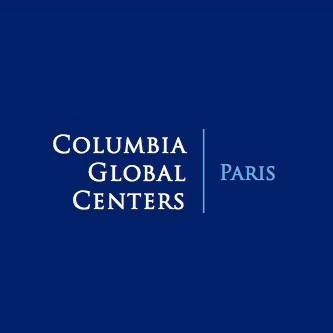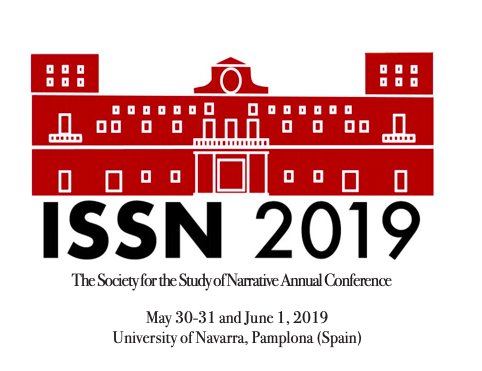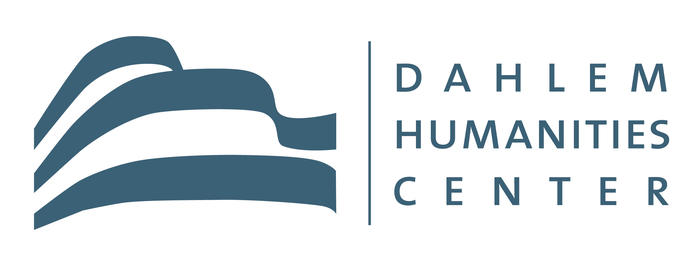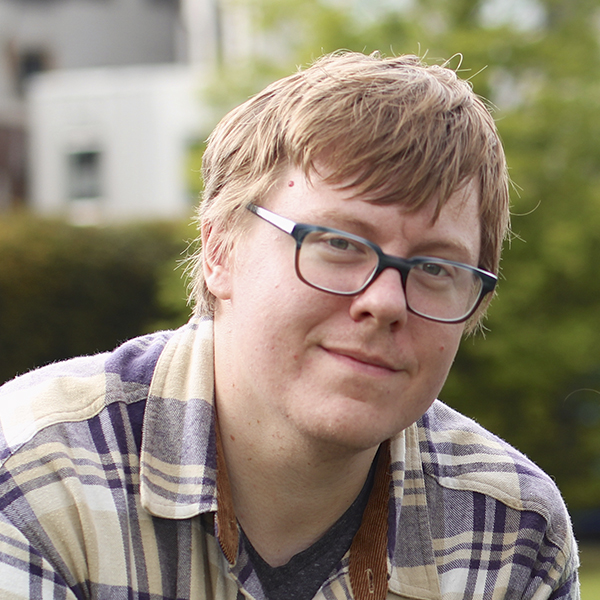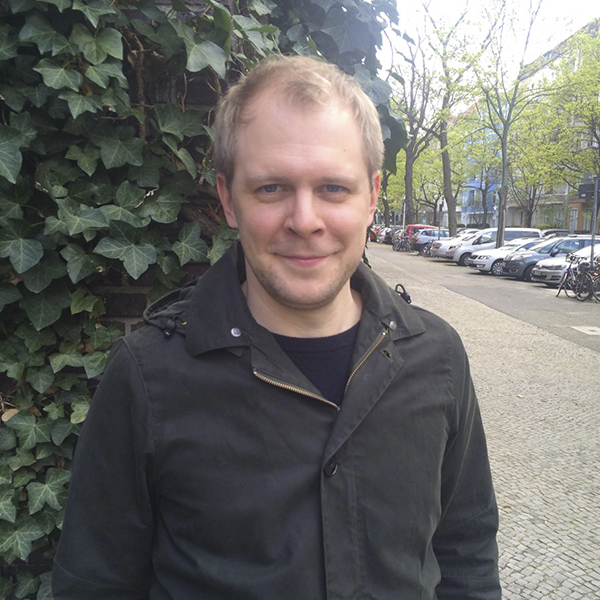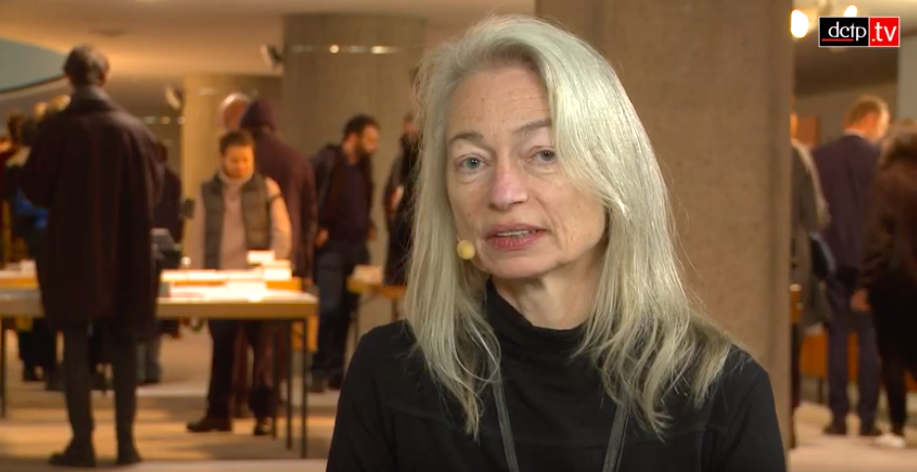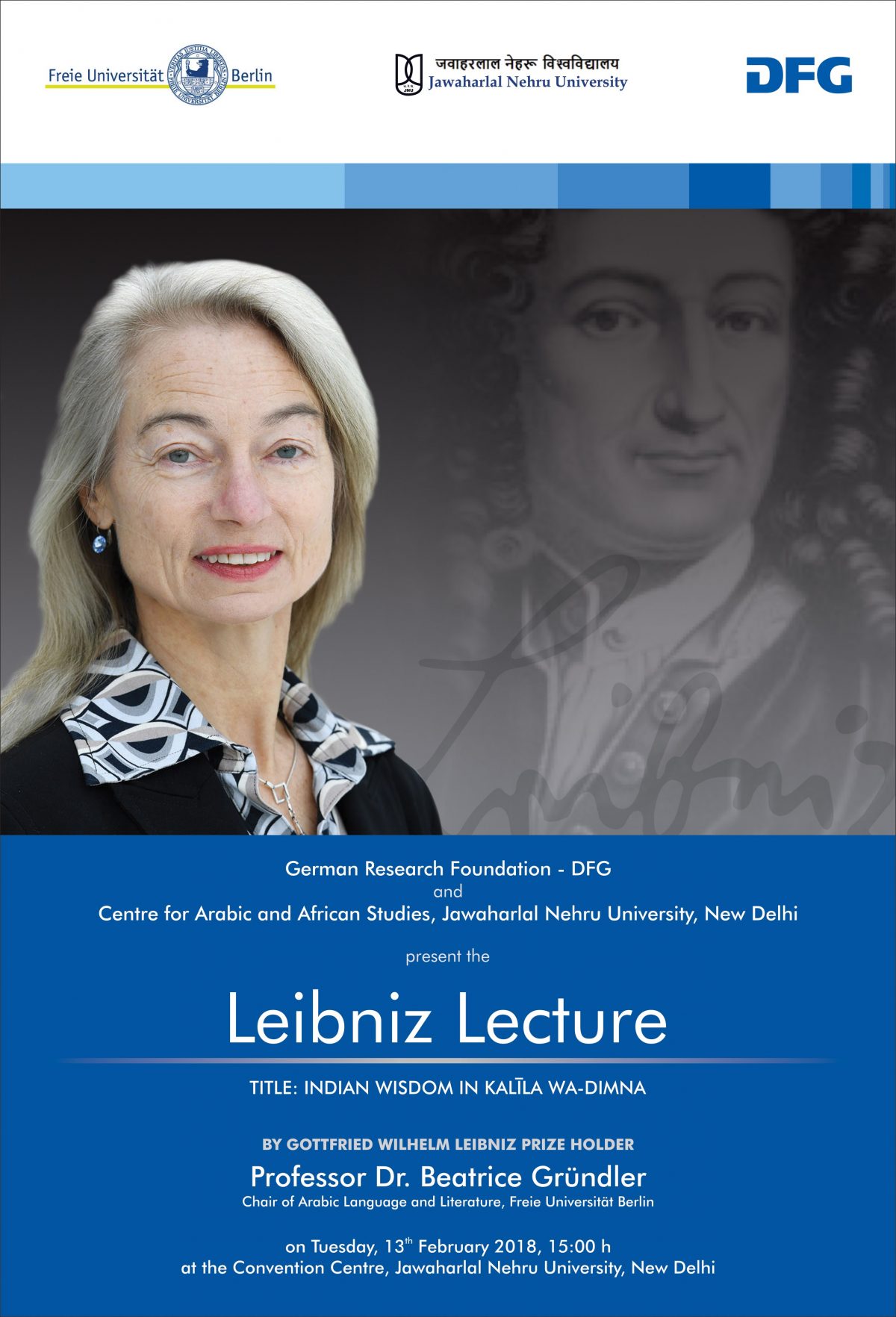More than 250,000 people have visited the special exhibition “Cinderella, Sindbad & Sinuhe: Arabic-German Storytelling Traditions at the Neues Museum”. Various lectures were held over the course of the exhibition, accompanied by a trilingual publication (German/English/Arabic).
PI Beatrice Gruendler has contributed to the exhibition catalogue with her essay on Kalīla wa-Dima: A Unique Work of World Literature, and presented one of the museum’s talks during the course of the exhibition on June 18, 2019.
Storytelling is as old as mankind. The exhibition catalogue complements the Berlin exhibition on Cinderella, Sindbad & Sinuheexploring the rich cultural heritage of storytelling traditions and fairy tales in Germany and the Arab Word. The publication focusses on a critical and inspiring discussion of leading Arabic, German and international experts on the question how knowledge and human imagination is being transmitted over time and space. Contributions shed a fresh light on antique model texts that since have become part of the corpus of world literature such as the Egyptian Papyrus Westcar with its five stories about miracles performed by priests and magicians, the Story of Sinuhe (also known as Sanehat), the Epic of Gilgamesh, or the Arabic Kalīla wa-Dima textual tradition, exploring how these ancient Vorlagen have inspired contemporary literatures, films and other more recent media in their ways of telling a story.
The Neues Museum (New Museum) at Berlin dedicated an exhibition to the rich cultural heritage of narrative traditions from ancient Egypt, the Arab world and Germany. The breadth of the trilingual exhibition (German/English/Arabic) stretches from ancient Egyptian papyruses to the tales of the Brothers Grimm, from the Arabian Nights to contemporary pop-up books and comics. Some 100 objects from the collections of the Staatliche Museen zu Berlin and various lenders shed fascinating light on a 4,000-year-old cultural history.
Stories Transcending Time and Space: Cinderella, Sindbad & Sinuhe explores the diverse processes of cultural exchange between the Arab world and Germany. The exhibition examines earlier literary traditions that continue to inspire artists and authors internationally, including the ancient Egyptian story of Sinuhe. The manner in which stories were adapted and interpreted reveals how ideas are passed on across time and space, a process also illustrated by the story of Sindbad. Similarities in the narrative traditions are also pointed out by the exhibition, with varying versions of Cinderella being found in Germany as well as on the Arabian Peninsula.
Historical Commonalities instead of Distinctions: In a time when social debates are increasingly marked by differentiation, it is all the more important that we apply ourselves to exploring the diverse, historically evolved commonalities among different cultures and to making them accessible to an international public.
Cinderella, Sindbad & Sinuhe is a collaboration between the Ägyptisches Museum und Papyrussammlung (Egyptian Museum and Papyrus Collection) of the Staatliche Museen zu Berlin and the Arab-German Young Academy of Sciences and Humanities (AGYA). The exhibition received funding from the Federal Ministry of Education and Research (BMBF) as part of the Arab German Young Academy (AGYA). Support has also been provided by the Council of Arab Ambassadors in Berlin, the Mission of the Arab League in Berlin, and MDT-tex.
Compiled of Neues Museum and Kadmos Verlag website texts by A. Kloocke.


